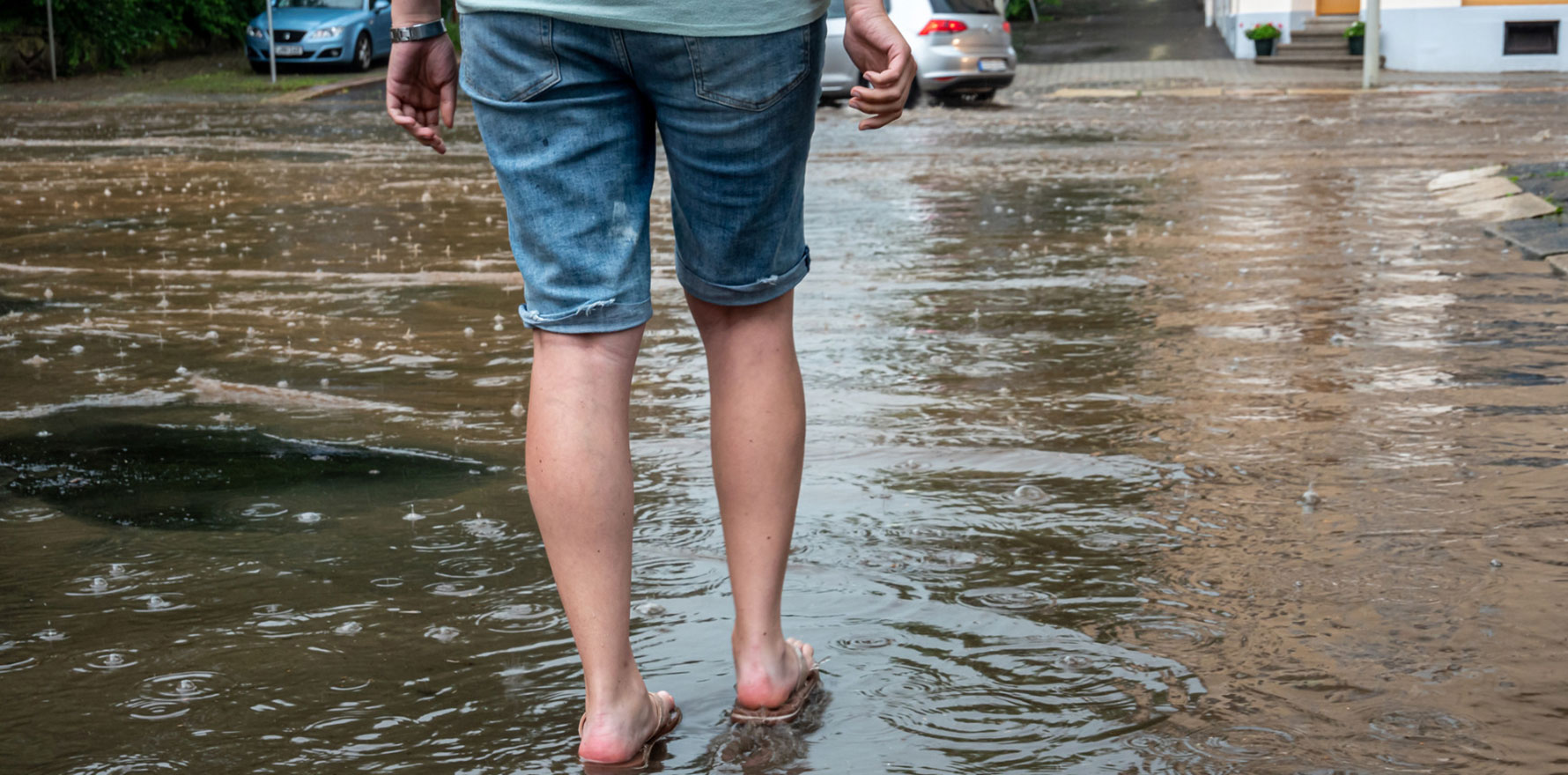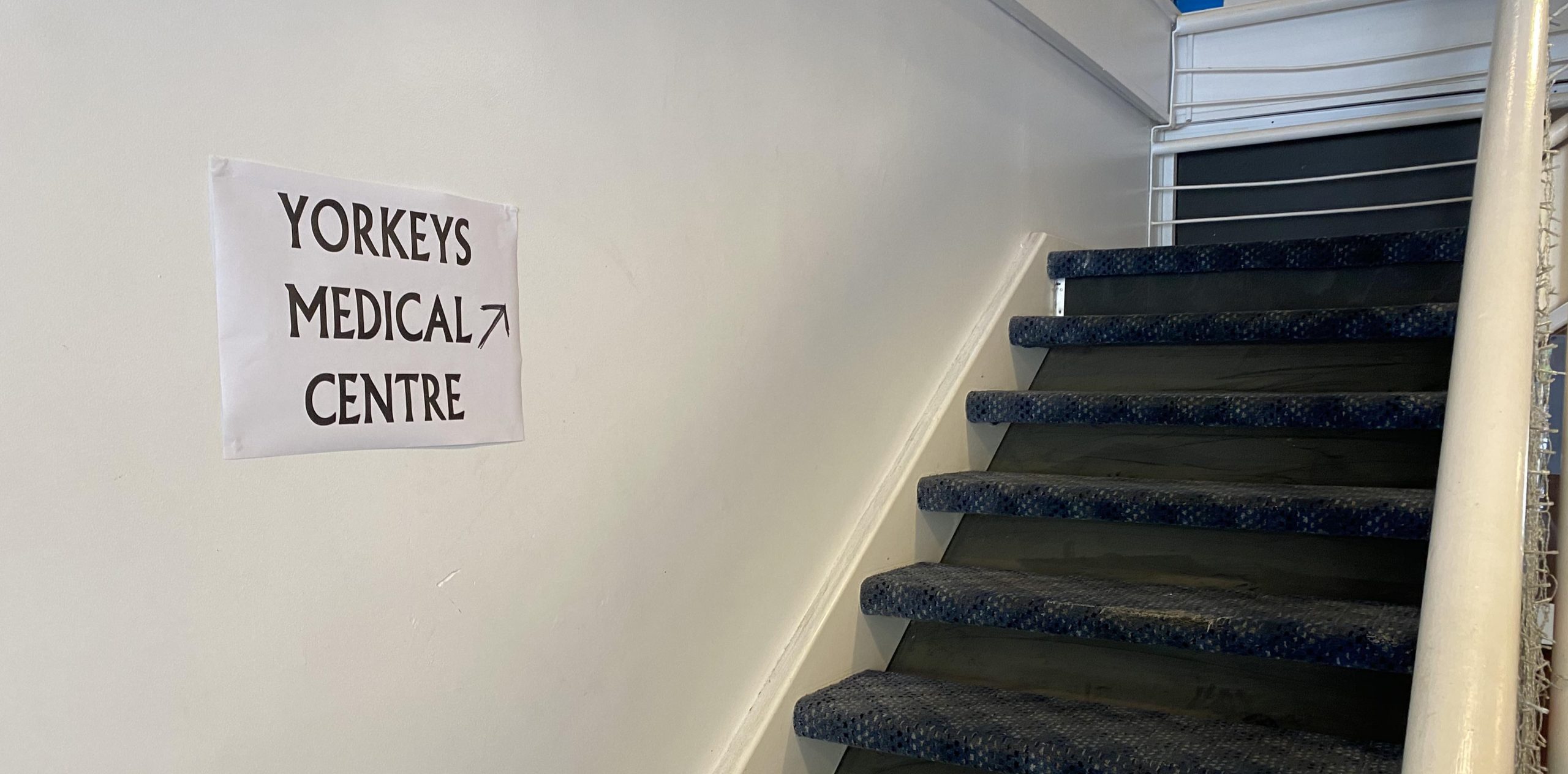With 16 deaths and a cyclone bearing down, take precautions and consider rapid diagnosis.
Sixteen people have died in Queensland from melioidosis and 111 cases have been reported – three times the number in the same period last year, according to Queensland Health.
As northern NSW prepared for Tropical Cyclone Alfred, Dr Thomas Jeffries, senior lecturer in microbiology from the School of Science at Western Sydney University, told ABC Radio Queensland residents should take precautions.
Living deep below the soil, the bacterium Burkholderia pseudomallei comes to the surface during flooding, becoming airborne in heavy rain, and infecting people through sores, cuts, inhalation or through drinking water.
Melioidosis symptoms include headache, fever, chest and muscle pain, trouble breathing, confusion and seizures. The bacterium is resistant to many commonly used antibiotics and treatment requires hospitalisation.
While the disease is rare in Australia, it kills around 90,000 people around the world each year and has a 20-50% fatality rate.
The recent deaths happened in the Townsville and Cairns regions, where there has been major flooding. Most of the fatal infections were due to inhalation of airborne droplets, said Dr Jeffries.
“Generally speaking for tropical diseases, we’re seeing a southward and a northeastward spread because of increasing temperatures due to climate change. So there’s no reason that I see why that disease couldn’t be spreading in a southward direction to the subtropics.”
Related
The bacterium that causes melioidosis is endemic in the soil and water across northern Australia, including parts of Queensland.
“Thanks to tireless public health campaigning, residents of the NT’s tropical Top End, a global melioidosis hotspot, are very familiar with melioidosis – they know that cases spike following severe wet weather events, similar to what north Queensland has experienced this wet season,” said Associate Professor Erin Price, a principal research fellow at University of the Sunshine Coast.
But while the current rate of cases in Queensland is “a cause for concern but not alarm”, it is also “unprecedented”, she said.
“Increased public awareness about melioidosis risk factors and symptoms, coupled with rapid diagnosis by public health laboratories, are crucial for rapid diagnosis and effective treatment of this potentially fatal disease.”
People with diabetes, kidney problems, take immunosuppressants or are heavy drinkers are more at risk, Dr Trent Yarwood, an infectious diseases physician at the Australian Society for Infectious Diseases, told media.
“If patients (particularly vulnerable ones) are not getting better after seeing their GP, then it is worth considering melioidosis during the wet season,” he said.
There are three melioidosis vaccines in train, Dr Jeffries said, but human trials have not yet taken place. Meanwhile, experts advise wearing protective clothing like gloves and boots when around mud and to avoid pressure-spraying hard surfaces without a mask.





